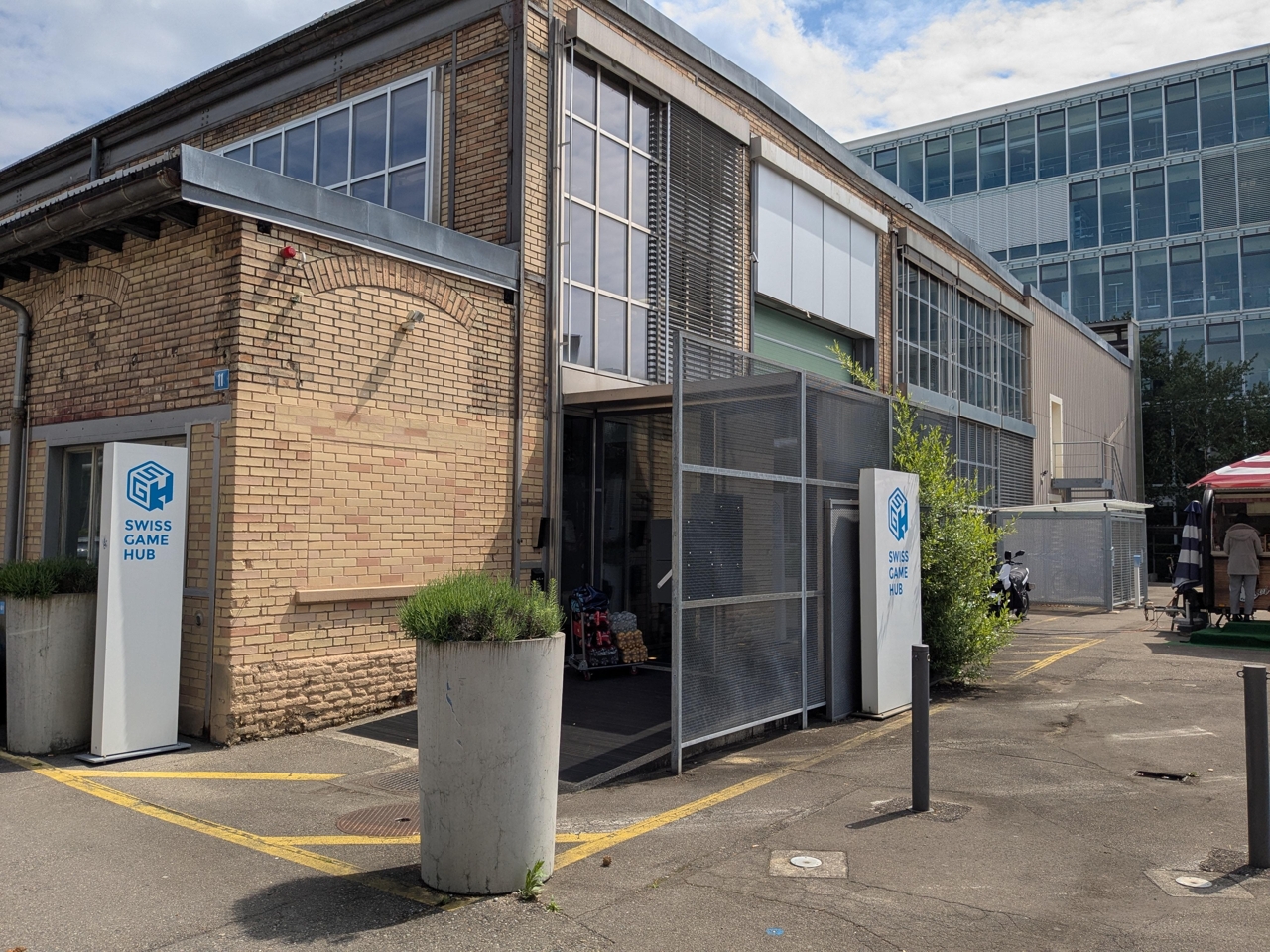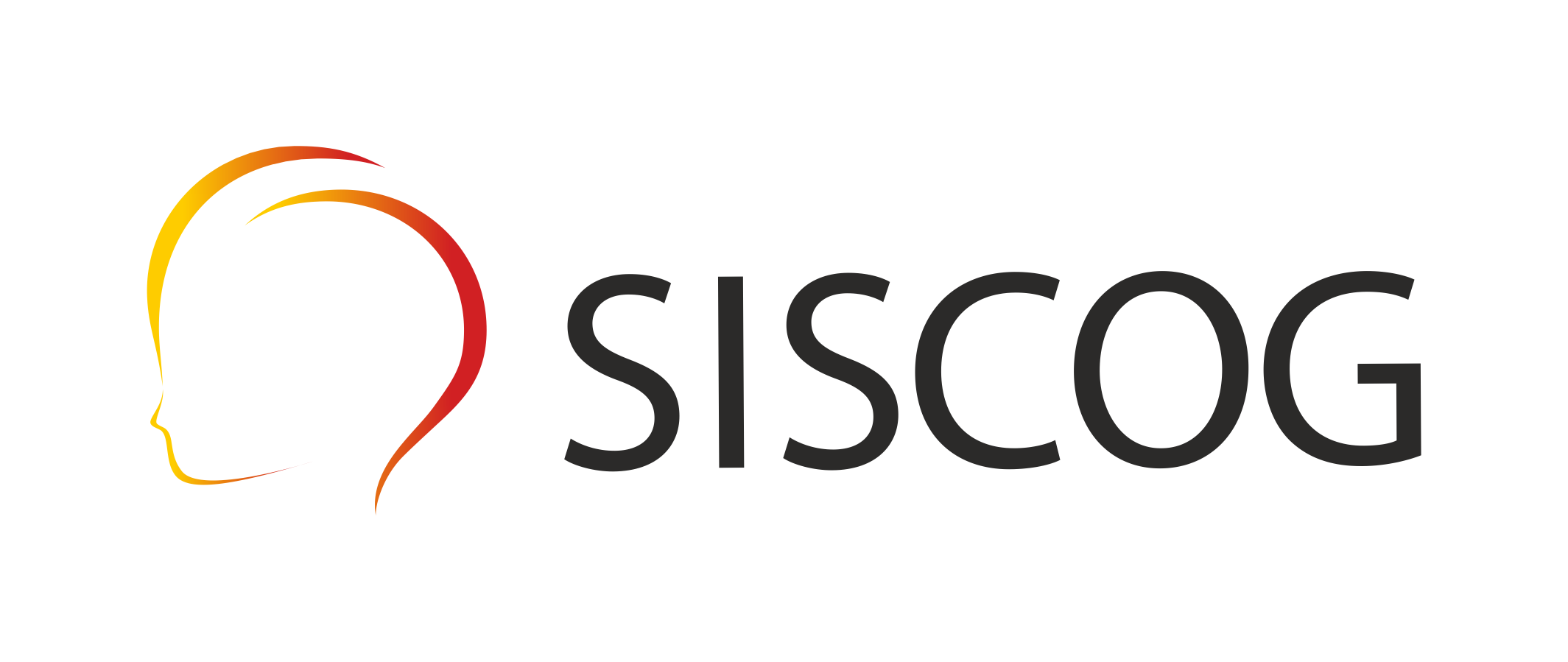Invited Speakers
- Project Oberon: A Late Appraisal. -- Jürg Gutknecht, prof. em. ETH Zürich
After ETH's success with Pascal in the 70s programming languages like Modula-2, Oberon and Lola in the 80s and 90s served the purpose of codesigning pioneering personal workstations such as Lilith and Ceres and were also used in teaching generations of students.
- Is Lisp Still Relevant in the New Age of AI? -- Anurag Mendhekar, Paper Culture LLC
Lisp owes its existence and popularity to early AI research. At one time, the entire AI world revolved around Lisp, which provided an enormous amount of energy for the language’s development and for pioneering technologies in compiler design, language innovation, and high-performance hardware (such as the Connection Machine). However, in today’s AI landscape, Lisp is nowhere to be found. Instead, languages like Python—many of whose ideas are borrowed from Lisp—have become the mainstream tools for modern AI.
This raises a key question: What made Lisp so relevant during the first AI revolution but seemingly irrelevant in the second? Is there still a place for Lisp in this new AI era? If so, what should the Lisp community focus on to re-enable its relevance?
- Toward safe, flexible, and efficient software in Common Lisp -- Robert Smith
Common Lisp is renowned for its ability to express safe, flexible, or efficient code. However, these characteristics are often at odds with one another, especially in practical software co-development settings. Coalton is an embedded language within Common Lisp that leverages a Haskell-like type system to prove type safety of a program and performs a variety of type-based optimizations. Coalton also permits new abstractions that are difficult to express in ordinary Common Lisp. We discuss Coalton and its use at two commercial organizations.
Location
 Swiss Game Hub https://www.swissgamehub.com/ (CONFERENCE) Erika-Mann Strasse 11 8050 Zürich Switzerland
Swiss Game Hub https://www.swissgamehub.com/ (CONFERENCE) Erika-Mann Strasse 11 8050 Zürich Switzerland Organization
Programme Chair
-
 François-René Rideau Đặng-Vũ Bân François-René Rideau Đặng-Vũ Bân MuKn (PROGRAMME-CHAIR) USA
François-René Rideau Đặng-Vũ Bân François-René Rideau Đặng-Vũ Bân MuKn (PROGRAMME-CHAIR) USA
Organizing Chair
-
 Didier Verna Didier Verna https://www.lrde.epita.fr/~didier/ EPITA / LRE (ORGANIZING-CHAIR) France
Didier Verna Didier Verna https://www.lrde.epita.fr/~didier/ EPITA / LRE (ORGANIZING-CHAIR) France
Local Chair
-
Yukari Hafner Yukari Hafner Shinmera email@email.com https://shinmera.com Shirakumo.org (LOCAL-CHAIR VIRTUALIZATION) Switzerland
Committee
-
 Conrad Barski Conrad Barski (COMMITTEE) USA
Conrad Barski Conrad Barski (COMMITTEE) USA -
 Dave Cooper Dave Cooper Genworks (COMMITTEE) USA
Dave Cooper Dave Cooper Genworks (COMMITTEE) USA -
 Dimitris Vyzovitis Dimitris Vyzovitis Mighty Gerbils (COMMITTEE)
Dimitris Vyzovitis Dimitris Vyzovitis Mighty Gerbils (COMMITTEE) -
 Eitaro Fukamachi Eitaro Fukamachi (COMMITTEE) Japan
Eitaro Fukamachi Eitaro Fukamachi (COMMITTEE) Japan -
 Gavin Gray Gavin Gray Brown University (COMMITTEE) USA
Gavin Gray Gavin Gray Brown University (COMMITTEE) USA -
 Jason Hemann Jason Hemann Seton Hall University (COMMITTEE) USA
Jason Hemann Jason Hemann Seton Hall University (COMMITTEE) USA -
 Kristopher Micinski Kristopher Micinski Syracuse University (COMMITTEE) USA
Kristopher Micinski Kristopher Micinski Syracuse University (COMMITTEE) USA -
 Marc Battyani Marc Battyani Enfabrica (COMMITTEE) USA
Marc Battyani Marc Battyani Enfabrica (COMMITTEE) USA -
 Marco Morazan Marco Morazan Seton Hall University (COMMITTEE) USA
Marco Morazan Marco Morazan Seton Hall University (COMMITTEE) USA -
 Masatoshi Sano Masatoshi Sano Nayuta (COMMITTEE) Japan
Masatoshi Sano Masatoshi Sano Nayuta (COMMITTEE) Japan -
 Michael Raskin Michael Raskin LaBRI (COMMITTEE) France
Michael Raskin Michael Raskin LaBRI (COMMITTEE) France -
 Robert Goldman Robert Goldman SIFT (COMMITTEE) USA
Robert Goldman Robert Goldman SIFT (COMMITTEE) USA -
 Ryan Culpepper Ryan Culpepper University of Massachusetts, Bostom (COMMITTEE) USA
Ryan Culpepper Ryan Culpepper University of Massachusetts, Bostom (COMMITTEE) USA
Virtualization Team
-
 Georgiy Tugai Georgiy Tugai Configura (VIRTUALIZATION) Sweden
Georgiy Tugai Georgiy Tugai Configura (VIRTUALIZATION) Sweden -
Yukari Hafner Yukari Hafner Shinmera email@email.com https://shinmera.com Shirakumo.org (LOCAL-CHAIR VIRTUALIZATION) Switzerland
Programme
Times are local to the conference. You can download the programme in iCalendar format here.May 19th
Registration, badges, meet and greet
Welcome messages and announcements
Keynote - Project Oberon: A Late Appraisal.
- Jürg Gutknecht, prof. em. ETH Zürich
Coffee Break
Experience Report - Growing Your Own Lispers
- Michał Herda
- Wojciech Gac
Lunch
Keynote - Toward safe, flexible, and efficient software in Common Lisp
- Robert Smith
Coffee Break
Research Paper - The Lisp in the Cellar (remote)
- Pierre-Evariste Dagand
- Frédéric Peschanski
Research Paper - Programming with Useful Quantifiers
- Jim Newton
Short Break
Lightning Talks
Banquet (Group 1)
Banquet (Group 2)
May 20th
Registration, badges, meet and greet
Announcements
Keynote - Is Lisp Still Relevant in the New Age of AI?
- Anurag Mendhekar, Paper Culture LLC
Coffee Break
Research Paper - A Brief Perspective on Deep Learning Using Common Lisp
- Martin Atzmueller
Lunch
Experience Report - Porting the Steel Bank Common Lisp Compiler and Runtime to the Nintendo Switch
- Charles Zhang
- Yukari Hafner
Round Table - Lisp and AI
- Anurag Mendhekar
- Martin Atzmueller
- Vsevolod Domkin
- Gábor Melis
- Dave Cooper
Coffee Break
Lightning Talks
Hackathon
- Everyone interested

